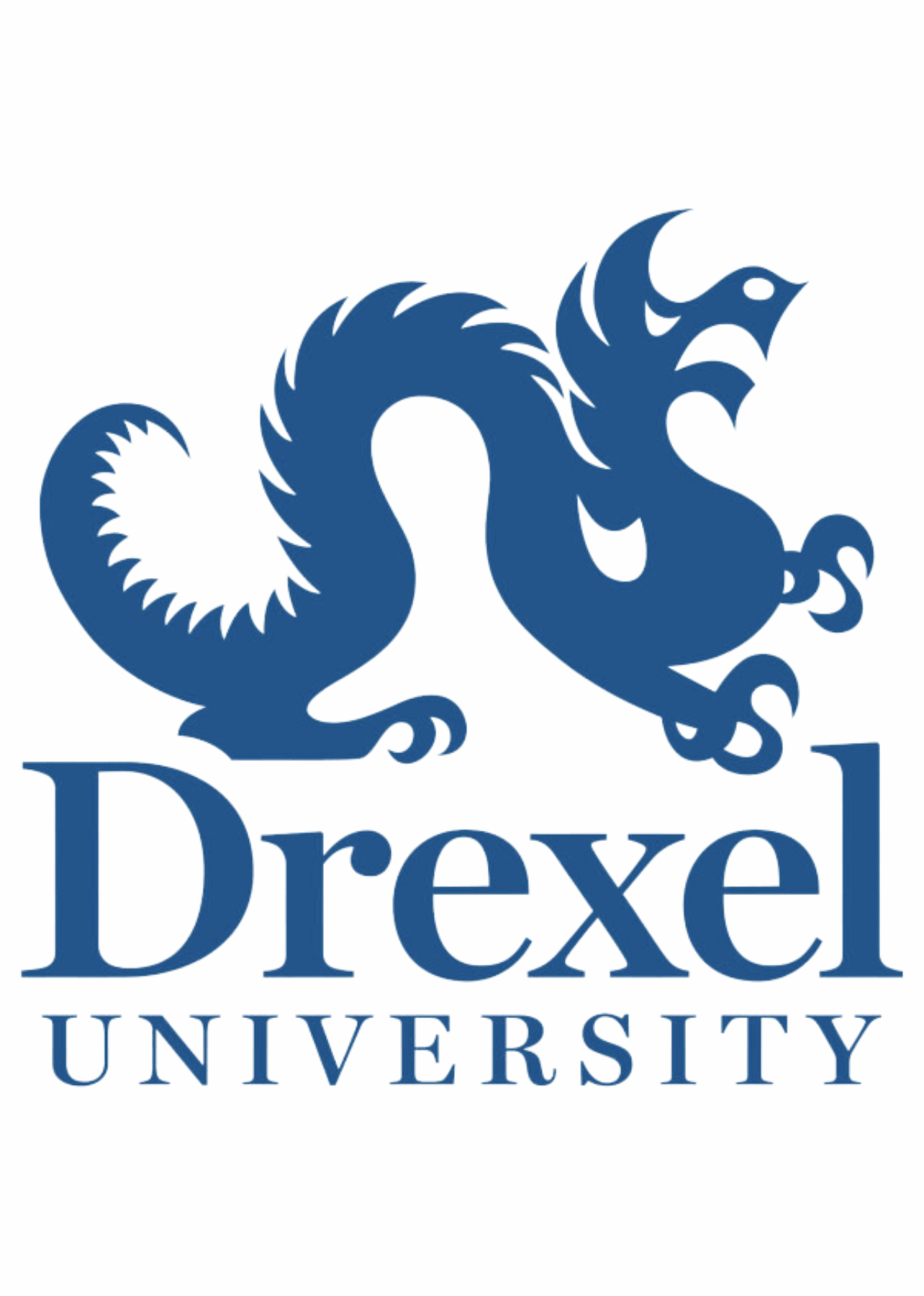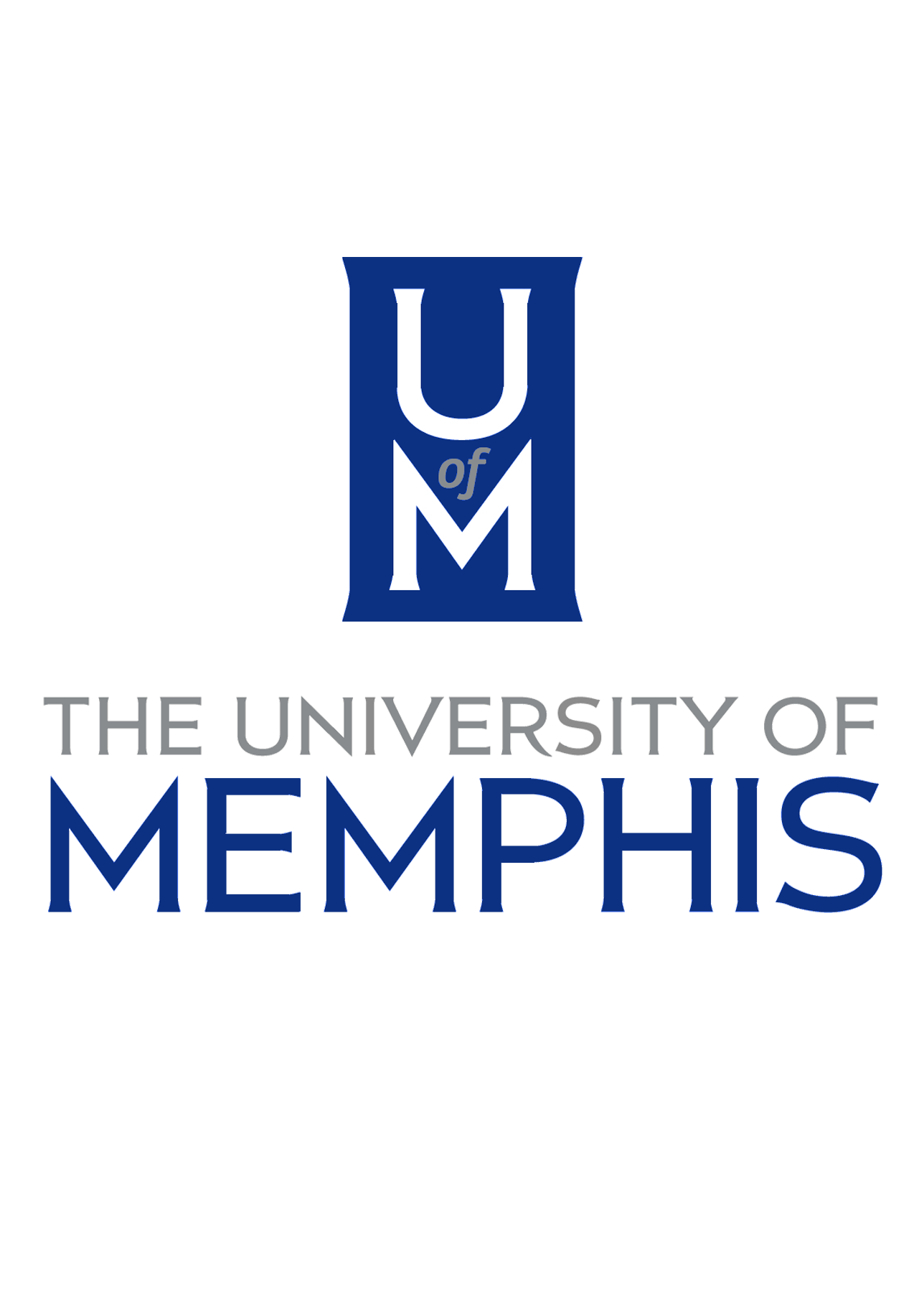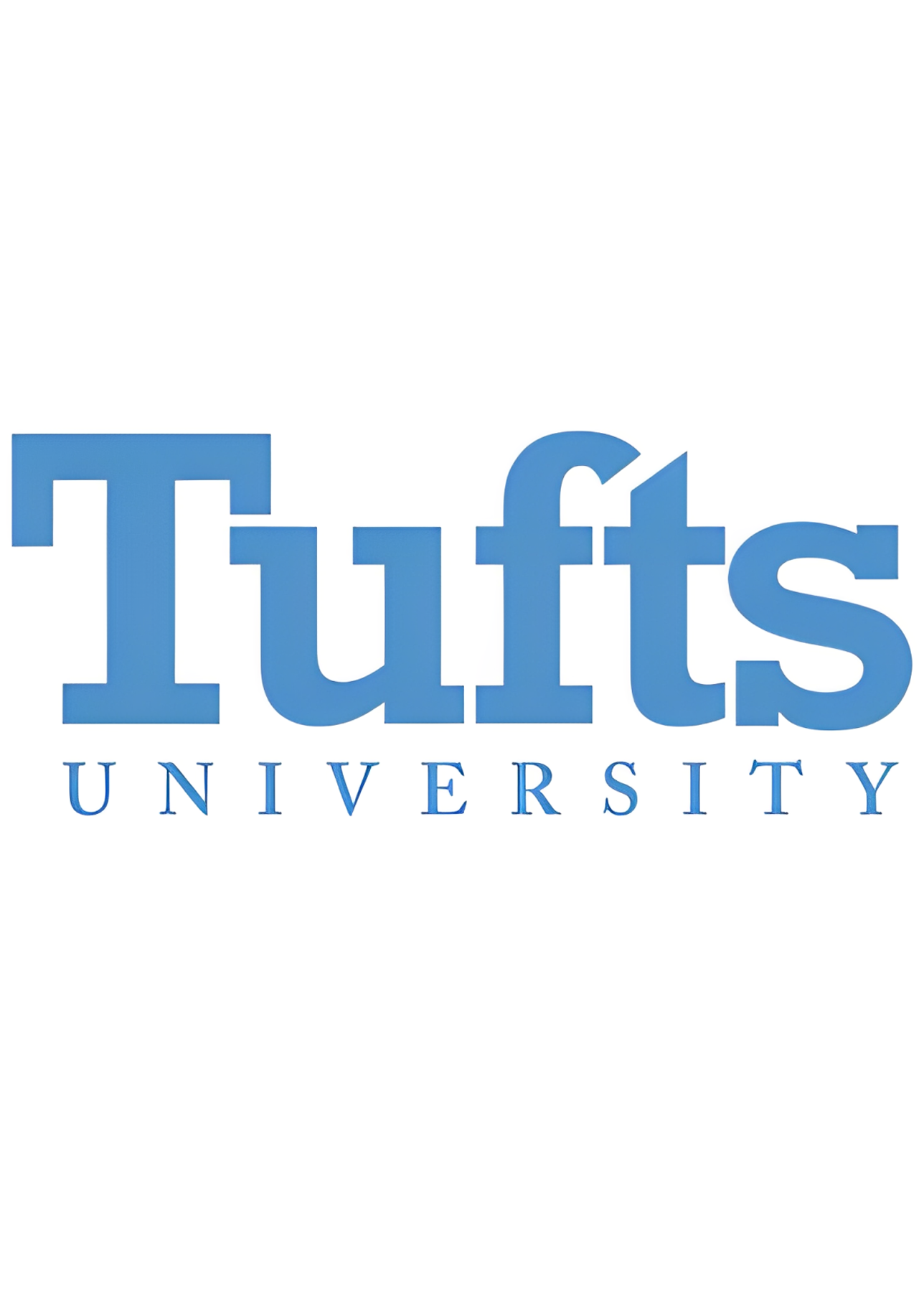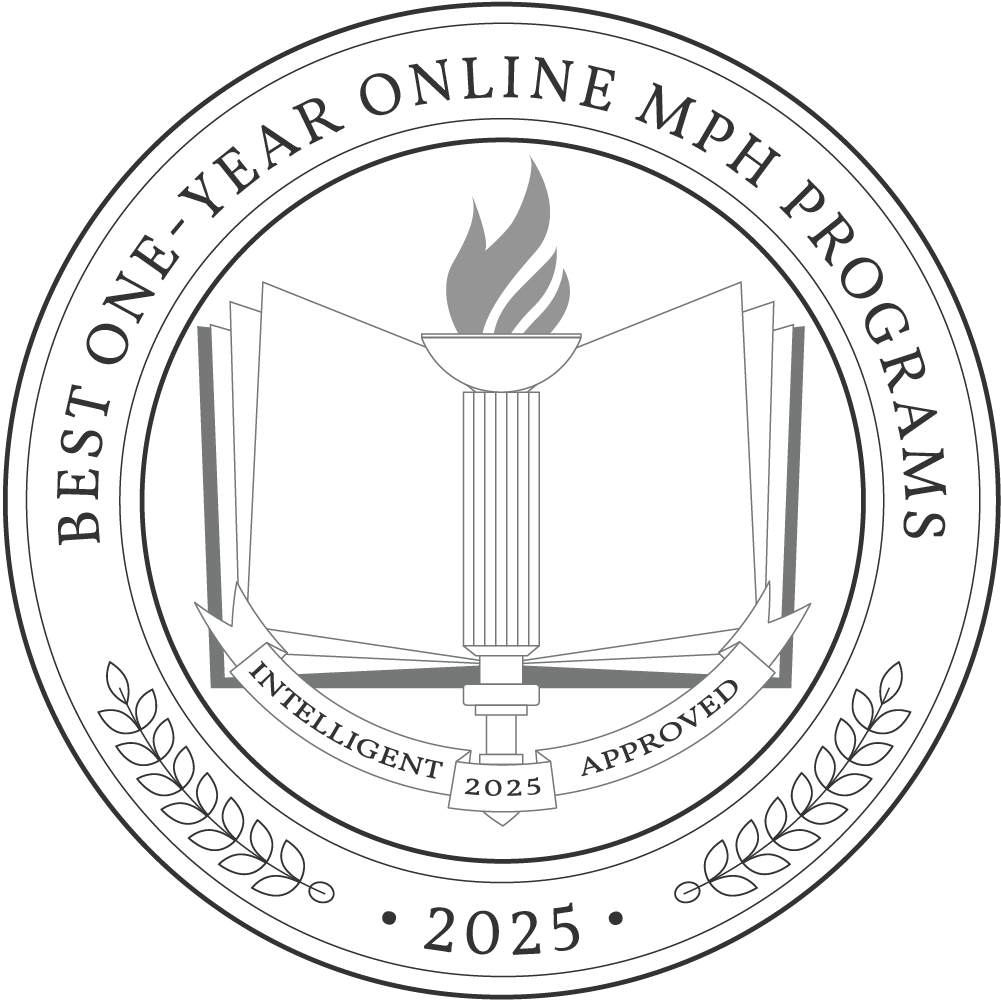For health-minded students looking to level up their career prospects with a graduate degree, a one-year online Master of Public Health (MPH) program might be the perfect fit. These accelerated programs can prepare you for a wide range of careers, such as epidemiologists, with a median salary of $81,390, or public health educators, with a median salary of $62,860.
To complete this degree in one year, you’ll need to commit to an intensive, full-time study schedule — including coursework and practical projects. These programs are generally best suited for highly motivated individuals ready to handle a significant academic workload in pursuit of rapid career advancement in public health.
Why Trust Us
The Intelligent.com Higher Education Team is dedicated to providing students with independent, equitable school and program rankings and well-researched resources. Our expert-driven articles cover topics related to online colleges and programs, paying for school, and career outlooks. We use data from the U.S. Department of Education’s College Scorecard, the National Center for Education Statistics, and other reputable educational and professional organizations. Our academic advisory team reviews content and verifies accuracy throughout the year for the most current information. Partnerships do not influence rankings or editorial decisions.
- Analyzed over 2,000 national, accredited, and nonprofit colleges and universities
- 800+ rankings pages are reviewed and updated yearly
- Content is informed by reputable sources, surveys, and interviews with academic advisors and other experts
- Over 100 data points are reviewed for accuracy and quality throughout the year, including sources
How we rank schools
Our list features the best one-year online MPH degree programs at top colleges nationwide. Each school featured is a nonprofit, accredited institution — either public or private — with a high standard of academic quality for post-secondary institutions.
We evaluated each school’s program on tuition costs, admission, retention and graduation rates, faculty, reputation, and the student resources provided for online students. We collected data from trusted sources like the National Center for Education Statistics, individual school and program websites, school admissions counselors, and other data sources. Then, we calculated the Intelligent Score on a scale of 0 to 100 based on the following criterion:
Academic Quality:
- Admission rate versus enrollment rate
- Retention rate of students who return after year one
- Accreditation status (regional and programmatic)
- Nonprofit status, both private and public institutions
Graduation Rate
- Overall graduation rate
- Total number of currently enrolled students, including diversity metrics
- Student-to-faculty ratio
Cost and ROI
- In-state and out-of-state per-credit tuition rates and fees
- Required credits to graduate
- Earning potential after graduation
- Availability of federal student loans, scholarships, and other financial aid options
Student Resources
- Available student services for online-only and hybrid programs
- On-campus amenities like tutoring centers and the number of libraries
Read more about our ranking methodology.
Best 8 Accredited One-Year Online MPH Programs
FiltersInstitution Type
Status
- Intelligent Score
- Alphabetically By University Name
- Acceptance Rate
- Enrollment
- In-state Graduate Tuition
- Out-of-state Graduate Tuition
- In-state Undergraduate Tuition
- Out-of-state Undergraduate Tuition

Johns Hopkins University
Intelligent Score: 99.83In-state: $54,160
Out-of-state: $54,160
In-state: $57,010
Out-of-state: $57,010
SAT: 1470-1560
ACT: 34-36
$1,068
Online, On-Campus
Council on Education for Public Health
80

Boston University
Intelligent Score: 98.85In-state: $56,854
Out-of-state: $56,854
In-state: $56,854
Out-of-state: $56,854
SAT: 1310-1500
ACT: 30-34
$571
Online, Hybrid
Council on Education for Public Health
42

George Washington University
Intelligent Score: 98.64In-state: $55,961
Out-of-state: $55,961
In-state: $31,770
Out-of-state: $31,770
SAT: 1270-1450
ACT: 30-33
$1,890
Online
Council on Education for Public Health
45

Drexel University
Intelligent Score: 97.46In-state: $53,868
Out-of-state: $53,868
In-state: $36,234
Out-of-state: $36,234
SAT: 1180-1380
ACT: 25-31
$1,375
Online, On-Campus
Council on Education for Public Health
56

University of Florida
Intelligent Score: 96.57In-state: $4,477
Out-of-state: $25,694
In-state: $10,770
Out-of-state: $10,770
SAT: 1290-1460
ACT: 29-33
$550
Online, On-Campus
Council on Education for Public Health
42

University of Southern California
Intelligent Score: 96.45In-state: $59,260
Out-of-state: $59,260
In-state: $47,880
Out-of-state: $47,880
SAT: 1340-1530
ACT: 30-34
$2,244
Online
Council on Education for Public Health
42

University of Memphis
Intelligent Score: 96.14In-state: $8,208
Out-of-state: $12,048
In-state: $9,216
Out-of-state: $9,216
SAT: 990-1200
ACT: 19-26
$553
Online, On-Campus
Council on Education for Public Health
42

Tufts University
Intelligent Score: 92.57In-state: $59,560
Out-of-state: $59,560
In-state: $54,196
Out-of-state: $54,196
SAT: 1380-1530
ACT: 32-35
$1,942
Online, On-Campus
Council on Education for Public Health
42
How to Choose a One-Year Online MPH Program
Choose your area of study
When choosing an area of study for your MPH, it’s essential to consider your career goals and interests. Many programs offer specializations in epidemiology, global health, and health policy.
Those interested in research and disease prevention will thrive specializing in epidemiology, leading to careers as epidemiologists or biostatisticians. Meanwhile, individuals passionate about international health issues may enjoy concentrating in global health, preparing for roles as consultants or program managers. Those aiming to influence health systems and policy may prefer specializing in health policy, where they may eventually become health policy analysts or public health advisors.
Research schools and programs
With your intended specialization in mind, you can leverage this knowledge to find the best schools and programs for your professional goals. Consider using the following questions to guide your research:
- Does the program offer a specialization in my area of interest?
- What are the faculty’s experience and research focus areas?
- Are there opportunities for practical experience, like internships or capstone projects, in my specialization?
- What resources are available for online students, such as career services and academic advising?
You can find most of this information on school websites, but many students benefit from attending an information session or speaking with an admissions counselor.
Prepare for tests and applications
Once you have a shortlist of schools, you can start gathering application materials. These may vary slightly by program, but many share similar criteria:
- Transcripts from previous academic institutions
- Letters of recommendation
- Personal statement or statement of purpose
- Resume or CV
- GRE scores, if required
Consider enrolling in a test prep program for schools requiring the GRE to improve your scores. Many of these programs offer practice tests and tutoring to help you perform your best.
Select your program
If you apply to multiple programs, it’s possible to receive more than one acceptance letter. Take a moment to revisit your initial research criteria and compare how each program performs in the areas that matter most to you — like specialization availability, the faculty you’ll learn from, and practical experience opportunities. Then, assess the total cost of attendance and compare financial aid packages. This evaluation process will help you select the best program for your professional goals and economic situation.
Determine how you’ll pay for your degree
When it comes to financing your degree, start by submitting the FAFSA to access federal grants and loans. This is a crucial step, as it determines your eligibility for financial support at the federal level. Additionally, apply for scholarships and assistantships offered by schools and external organizations to help further offset costs. If you’re currently employed, ask if your employer offers tuition reimbursement, primarily if you work in a related field and plan to continue post-graduation.
Federal loans, though widely available, should be used sparingly to avoid creating a debt burden.
What Can You Expect From a One-Year Online MPH Program?
By enrolling in a one-year Master of Public Health (MPH) program, you’ll enter an accelerated degree program that will provide you with the knowledge and skills needed to succeed in this field. These programs cover epidemiology, biostatistics, health policy, environmental health, and social and behavioral sciences. As a student, you’ll learn to analyze health trends, develop and evaluate public health programs, and understand the complexities of healthcare systems and policies. Graduation requirements often include a culminating experience in the form of a thesis or capstone experience.
While the program can be completed in just one year, it’s intensive and demanding, requiring a significant commitment. This accelerated pace is ideal for motivated students who can manage a rigorous academic workload and may not be best suited for those with a full-time job or considerable responsibilities.
Potential courses you’ll take in a one-year online MPH program
- Biostatistics: In this fundamental course, students learn how to apply statistical methods to analyze and interpret data relevant to public health. In return, they gain skills in using statistical software, designing experiments, and conducting statistical tests to inform public health decisions and research.
- Global Health and the Environment: This upper-level course explores the relationship between global health issues and environmental factors. Students examine how ecological determinants such as air and water quality, climate change, and pollution impact health outcomes worldwide. They may also study strategies to mitigate these effects and promote sustainable health initiatives.
- Racism, Health, and Social Justice: Typically considered an elective, this course investigates how systemic racism and social inequalities affect health disparities. Participants will analyze social determinants of health, explore historical and contemporary issues of racial injustice in health care, and learn about advocacy and policy-making to promote health equity and social justice.
- Maternal, Child, and Adolescent Health: Another elective, this course focuses on the health needs of mothers, children, and adolescents. Students learn about factors influencing maternal and child health, including prenatal care, nutrition, and childhood diseases.
How to succeed in an online MPH program
Earning an MPH degree in a single year takes dedication, perseverance, and commitment, but it can be done. Here are some of the strategies that the most successful students use to ensure success in their online MPH programs.
- Get to know your professors. This can be more challenging when they only see you online rather than having you physically present in the classroom. Consider taking advantage of their online office hours to introduce yourself and open the door for future assistance should you require it.
- Connect with your fellow students. If your institution’s online platform allows it, see if you can create a study group with other motivated students. You all stand to benefit by banding together to work through challenging coursework.
- Make use of your institution’s online services. Most colleges and universities offer support to their online students just as they do for those who attend in person. This may include career advisement, tutoring, or academic counseling. Also, determine how to access your institution’s library and interact with librarians, who can play a vital role in your academic success.
- Build a schedule and stick to it. For every hour you spend in class, allow yourself three to four hours for studying and homework. Consider using an online scheduler such as Asana or Trello to help you stay on track.
- Make sure you carve out time regularly to relax. Whether that means time to watch your favorite TV show or a morning hike in a local park, it is vital that you give yourself time, when possible, to rest and rejuvenate yourself, or you risk burnout.
What Can I Do With an MPH Degree?
With an MPH degree, you can pursue various in-demand careers in epidemiology, biostatistics, education, and more. Many of these roles are appealing for their impact on community and global health, as well as their lucrative salaries and strong job prospects.
Career outlook
- Epidemiologist — These professionals study the patterns, causes, and effects of health and disease conditions in populations. They are critical in outbreak investigation, disease prevention, and health policy development.
- Median annual salary: $81,390
- Projected employment growth (through 2032): 27%
- New jobs projected: 800
- Biostatistician — Graduates in this role apply statistical techniques to analyze data from biological research and public health studies. They help design studies, analyze results, and interpret data to inform health policy decisions.
- Median annual salary: $104,110
- Projected employment growth (through 2032): 30%
- New jobs projected: 3,500
- Public Health Educator — These educators design and implement programs that promote healthy lifestyles and wellness. They often work in schools and government agencies to educate the public on health issues and preventative measures.
- Median annual salary: $62,860
- Projected employment growth (through 2032): 7%
- New jobs projected: 6,600
One-Year Online MPH Degree Program Frequently Asked Questions
How do accelerated degree programs work?
Accelerated degree programs, like a one-year MPH, condense coursework into a shorter time frame, allowing students to complete their degree much faster than a traditional program. These programs require a full-time commitment. While demanding, they offer a fast track to advancing your career.
To learn more about these programs’ benefits and challenges and determine if this path suits your needs, visit our page, which further explores the pros and cons.
How long does it take to earn an online MPH degree?
Earning this degree takes just one year for the programs featured on this page. Some programs offer part-time study options in an accelerated format, extending completion up to two years, though these are rare.
Regardless, double-checking the total credit requirements for each program you’re interested in is essential. These can vary by program and ultimately impact the feasibility of completing your degree within the allotted time frame.
How much does a one-year online MPH degree cost?
According to the National Center for Education Statistics, the average annual tuition for a graduate degree program is $20,513. However, it’s important to note that this figure can fluctuate depending on the program.
You’ll also want to account for expenses not often included in the tuition price, like technology fees, library fees, course materials, and textbooks. While these costs may seem minor compared to the tuition price, they can add up over time and ultimately make your education more expensive.

